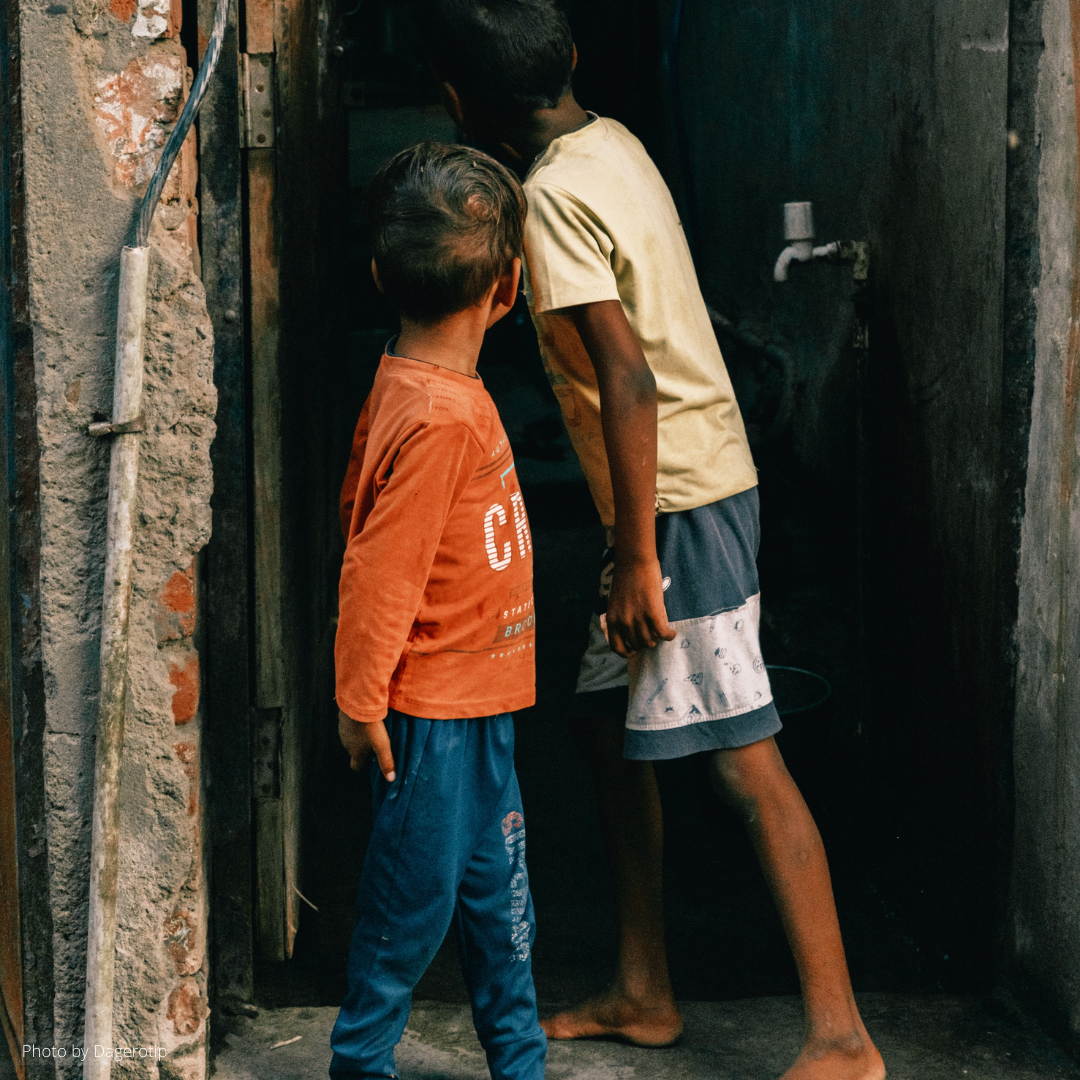Driven by her aspirations for a quality education, Preeti decided to continue her studies in Nepalgunj, a city renowned for its educational standards. With her family’s support, she planned to reside at her aunt’s house while attending a new school.
Upon Preeti’s night-time arrival in Nepalgunj, she found herself disoriented, unable to recognise her surroundings, leading her to seek assistance from a rickshaw driver—an innocent act that would have dire consequences. The rickshaw driver kidnapped Preeti, taking her to a hotel and selling her to traffickers. Heavily drugged and subjected to sexual abuse and exploitation for weeks on end, Preeti had lost all hope.
After a distressing period of unsuccessful searches by both the family and police, Shakti Samuha, a member of the ECPAT global network, intervened. Collaborating with law enforcement, they successfully rescued Preeti and another captive from a hotel. Learning of the successful rescue, her family expressed immense relief and gratitude:
“We nearly lost our hope, we used to go police station every day and used to come back home without an answer, now we are very happy.”
On World Day Against Trafficking in Persons 2023, Shakti Samuha walks us through Nepal’s struggle against child trafficking. Through their experiences, we are reminded of the imperative need for collective efforts to combat trafficking.

Child trafficking is an escalating concern in Nepal. Through our work, we have witnessed children being trafficked under the pretence of education support, in the entertainment sector, and even the industrial sector.
Labour trafficking, bonded labour, and trafficking for sexual exploitation are the most prevalent forms of trafficking. While legislation to combat this crime exists, including the Human Trafficking and Transportation (Control) Act and Children’s Act, gaps in support and rehabilitation services persist.
Nepal also faces unique challenges in addressing this issue. A complex cultural dynamic, coupled with issues such as migration, political instability, and gender inequality, present significant hurdles to effectively tackle child trafficking.
In Nepal, several factors expose children to the risk of trafficking. Poverty and illiteracy create a challenging environment, pushing people, especially girls and young women, to seek better opportunities. Sadly, these dreams of a better life are often manipulated by perpetrators, trapping victims in the web of trafficking for sexual exploitation.
Violence is another alarming issue. It involves control, coercion, and the use of force against those who are already in vulnerable situations. In these situations, women are often the victims while men are identified as the main perpetrators.


“Victims and survivors of trafficking are not being treated with equal respect and care.”
Within the legal process, child survivors face numerous obstacles when trying to secure compensation and justice. Child-friendly services remain inadequate, and cases involving non-Nepali-speaking children frequently lack translators during statement or testimony procedures.
Fundamentally, we see a lack of awareness and prioritisation at national levels. Government agencies fail to acknowledge the gravity of the issue, leading to poor coordination and collaboration among different arms of the government.
“We need to amplify the voices of trafficking survivors. We need to guarantee their rights, treat them with respect and empathy, and ensure that they are not forgotten.”
It’s crucial that we ensure justice for survivors through both legal and social avenues. Beyond that, providing access to essential services such as education, healthcare, and jobs is vital for their recovery.
Our work has highlighted the transformative potential of survivors becoming advocates for change. We need to take concrete steps to involve victims and survivors of trafficking in discussions about enhancing legislation, compensation, support, and other aspects. Their insights can provide a clear path toward addressing what child survivors truly need to move forward in life.
Shakti Samuha is the first organisation in the world established and run by the survivor of human trafficking. Since 1996, Shakti Samuha has been working in the campaign against human trafficking to ensure the rights of survivor of human trafficking. Shakti Samuha has been covering the program thematic areas like 1. Prevention, 2. Protection, 3. Capacity building, 4. Livelihood and 5. Advocacy and lobby. The survivors of human trafficking have been empowering, leading, and mobilizing themselves as a change maker in the campaign against human trafficking.
Human trafficking and its impact on women, girls, and children
Summary paper on the sale and trafficking of children for sexual purposes